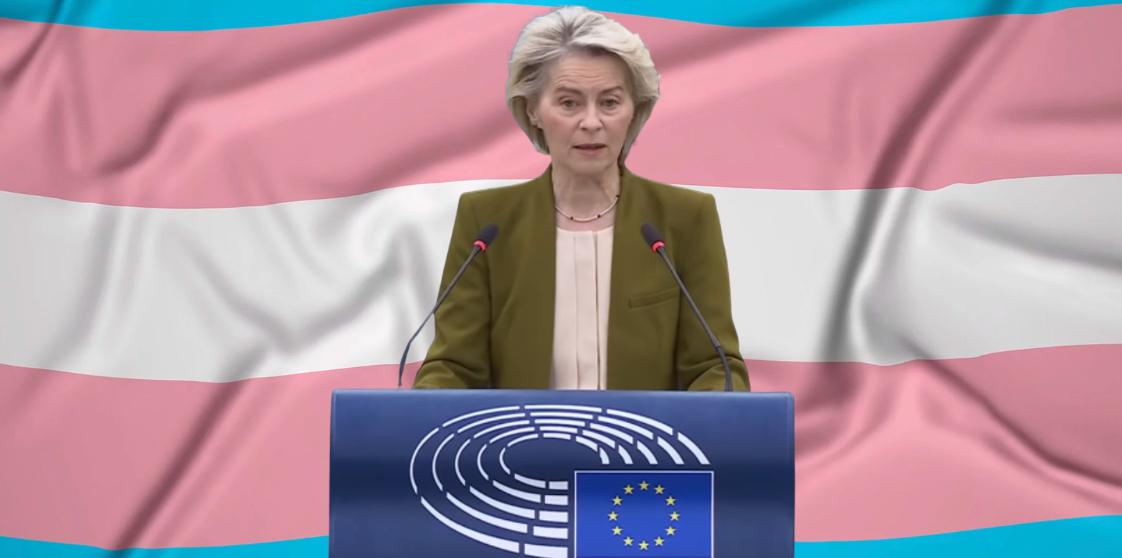New polling shows that while while non-traditional families have become widely accepted in British culture, liberalism towards trans issues has decreased over the past few years.
The 40th annual British Social Attitudes (BSA) report compares social issue numbers from decades ago, with Britain’s population being much more conservative in values around 1990. Fast forward 30 years later, the majority of Brits are more liberal and supportive of same-sex marriage, abortion, single-parent households and cohabiting families.
Additionally, the study reports that only 9 percent believe “a man’s job is to earn money, a woman’s job is to look after the family” in 2022. Half of respondents agreed with this in 1987.
However, one statistic did not follow this liberalism-forward trend: the BSA found that since 2019, respondents who were “not at all prejudiced” against transgenderism has fallen from 82 percent to 64 percent in 2022.
The deputy chief of the National Centre for Social Research (NatCen), Gillian Prior, said: “Changes in moral attitudes undoubtedly constitute the greatest substantive shift in society’s thinking over the past four decades. Attitudes towards families, sexual relations and abortion are often very different now from what they were forty years ago. That said, we still remain somewhat divided on some of these issues, such as on abortion when there is no concern about the health of either the mother or the baby.”
“They thus seem likely to become yet more liberal.” She continued, “However, others (such as towards abortion) have seen people of all generations change their minds in response to public debate, and changes in both behaviour and the law. These are, perhaps, not necessarily set to become more liberal in future.”
She concluded that recent debate surrounding transgender issues “has appeared to have resulted in attitudes becoming less liberal than they were just a few short years ago”.
The BSA includes in their report there has been much more public debate surrounding trans-identified people in women-only spaces and the right to compete in women’s sports in recent years.





